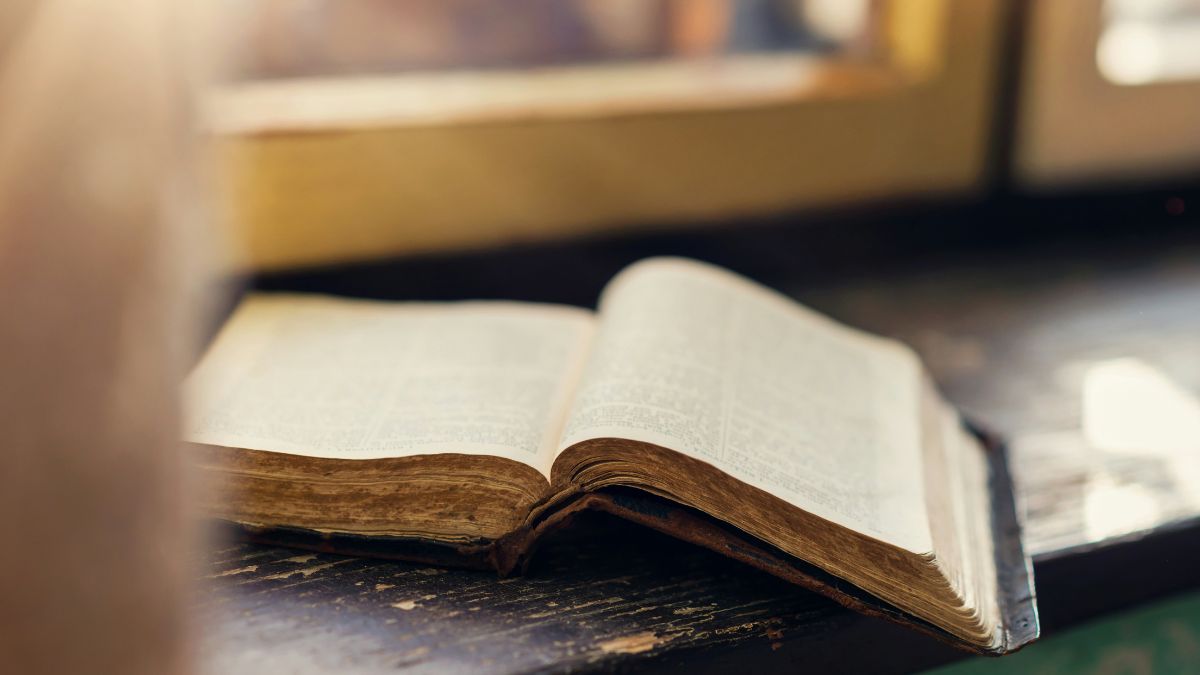

BreakPoint
A Jazz Genius
Today marks the 100th anniversary of the birth of Duke Ellington, one of the giants of twentieth century music. Few would contest the claim that Ellington contributed more to the development of jazz music than anyone else who ever lived. But there is one thing about him that is not widely known: his abiding Christian faith. Ellington was raised in a deeply Christian home. Every Sunday his mother took him to at least two church services, and she frequently told her son that he was blessed and that God would take care of him. The Duke never forgot those early lessons. As a young man, Ellington immersed himself in the Scriptures. A friend from Ellington's early days in Washington, D.C., recalled how the musician would often come home after a performance and read the Bible while taking a bath, and continue reading until the water turned cold. Ellington was meticulous about saying grace before meals, and he once wrote that "the greatest thing one man can do for another man is to pray for him." During his middle years Ellington was not exactly a model Christian. He was thought to be somewhat of a womanizer, and he didn't attend church regularly. But according to biographer James Lincoln Collier, "there can be no questioning the sincerity of his religious feelings." It was in 1965 that Ellington made his deep faith public. That year he was commissioned to do a liturgical composition for the inauguration of San Francisco's Grace Cathedral. This work, the first of three sacred concerts, signaled a permanent change for Ellington. "This music," he declared, "is the most important thing I've ever done or am ever likely to do. This is personal, not career. Now I can say openly what I have been saying on my knees." The centerpiece of this concert from Duke Ellington: A Concert of Sacred Music from Grace Cathedral is a 15-minute piece entitled "In the Beginning God." There was also an a cappella version of the Lord's Prayer, and the closing number, featuring famous tap dancer Bunny Briggs, is called "David Danced Before the Lord with All His Might." From then on Ellington saw himself as "God's messenger," and he dedicated his last years to serving God through his music, writing three sacred concerts before his death in 1974. The reception to these works was mixed. Some religious people thought jazz inappropriate for praising God. And many jazz musicians thought praising God inappropriate for Duke Ellington. When people complained that Ellington's third sacred concert was taking too long to complete, Ellington defended his meticulousness, saying "You can jive with secular music, but you can't jive with the Almighty." Ellington joins other musical giants like Bach and Mendelssohn as geniuses who sought to serve God through their music. Music historians rarely mention Ellington's faith but you and I ought to reclaim cultural heroes like Duke Ellington and proclaim the truth about his beliefs. Why not celebrate the Duke's birthday today by purchasing his sacred concerts. Listen to them with an unsaved friend who likes jazz. After all, God has never been praised in quite the same way... before or since.
04/29/99















